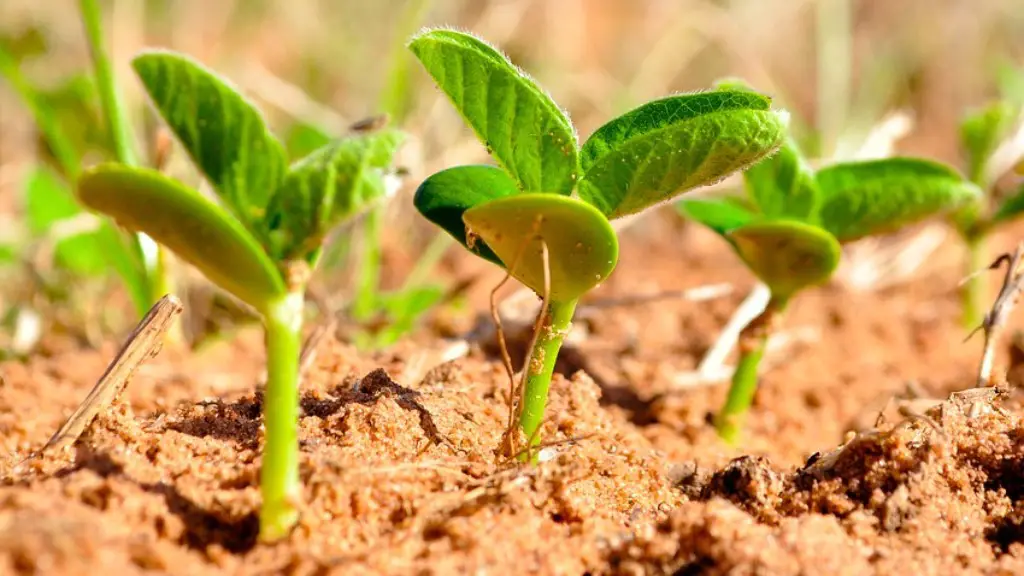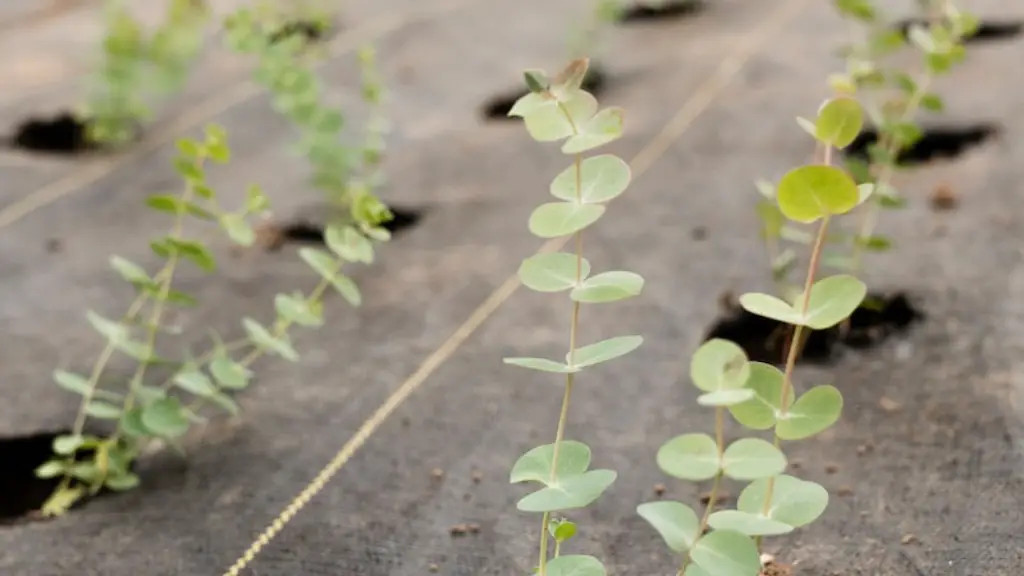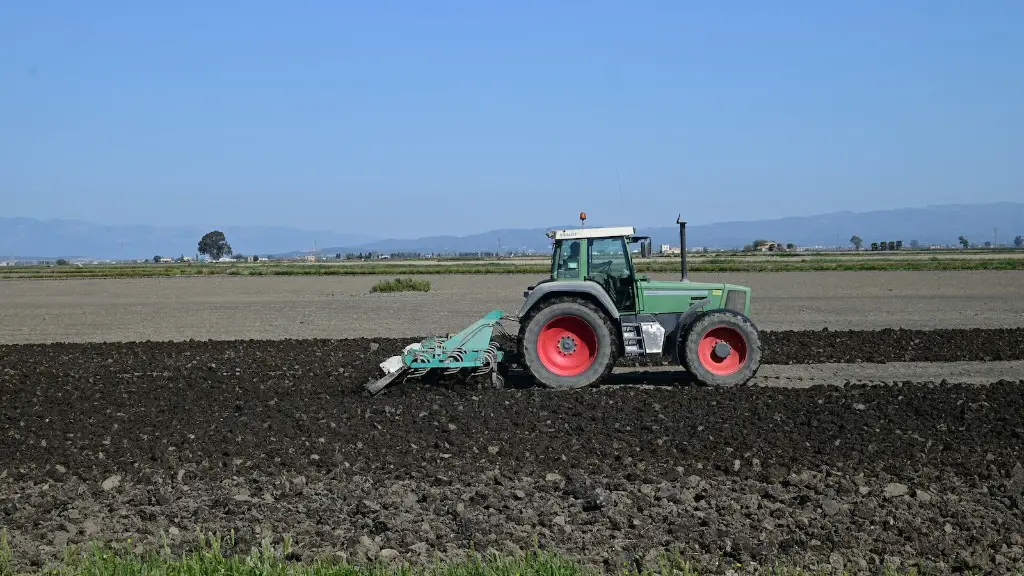Bees are essential to successful agricultural production. They Pollinate more than 75% of all primary crops grown in most countries and by providing natural pest control, they are essential for ensuring maximum yields from crops. This is especially true in countries where an emphasis is placed on small scale farming. Even in large-scale commercial farming operations, bees can help increase yields and reduce losses to pests and diseases. By pollinating a large number of plants that produce fruits and vegetables, bees play a central role in crop production. But why are bees so important to agriculture?
The simple answer is that without bees, the majority of our food sources would not exist. Bees play an important role in pollination, meaning they carry pollen from one plant to another to help fertilise the plant and encourage new growth. With their small size and rapid movements, they can reach into the nooks and crannies of flowers and help spread pollination to even the smallest of plants. Without the help of pollination, food production would significantly be reduced, leading to higher prices and food shortages.
Furthermore, bees do more than simply transfer pollen between plants. They also help to increase yields through their natural pest-control methods. When a bee collects pollen from a plant, it also collects pollen from other insects, like wasps and hornets, which are natural pest predators. By collecting these pollens, bees act like a detective for farmers and can identify where pest activity is high and help farmers apply pest-control measures to fend off crop losses. Bees also produce honey, a valuable resource for farmers, as it can be used in a number of different forms – from helping crops resist pests and diseases, to being used as a raw material in the production of other food items.
Bees do more than simply transfer pollen between plants and provide pest control. They are also important for increasing biodiversity in the environment. This is because bees pollinate a wide range of plants, encouraging the growth of much-needed plants and flowers in the environment. This helps to create a better balance of life in the environment, as bees help to encouragete growth of different kinds of vegetation. Increased biodiversity reduces the risk of extinction of certain plant species, which would, in turn, have a huge impact on agriculture.
Ultimately, bees are essential for sustainable agriculture. They are vital for crop production and the overall health of the environment, as well as the viability of food production. Without bee populations healthy bee populations, agriculture would not be nearly as successful as it is today. As such, it is important for farmers to ensure that bee numbers remain healthy and that other steps such as pest control measures and biodiversity initiatives are implemented in order to ensure the future sustainability of agriculture.
What Bees Offer To Agriculture
Bees are incredibly valuable to agriculture in many ways, which is why they are often credited as being “the lifeblood of agriculture”. The most important of these benefits is their role in pollination, which is the process of transferring the pollen from male flowers to female flowers in order to facilitate reproduction and create viable crops.
In order for this to occur, a large number of bees are required. For example, in almond orchards, farmers must have at least two hives per acre of land. This ensures that enough bees are present to effectively pollinate the entire crop as it blooms. Additionally, the presence of many bees increases the efficiency of the process, which helps farmers harvest healthier crops; bees are able to quickly identify and pollinate the healthiest flowers, leading to higher yields.
Furthermore, bees also help to reduce the damage caused by pest insects. As bees fly from flower to flower, they transfer the pollen from other insects as well. This includes pest insects, which when transferred to other flowers can lead to the destruction of crops. As such, bees are able to act as a natural pest controller, reducing the number of pests that attack crops and helping to decrease crop loss.
Additionally, bees also produce honey, a valuable resource that is often used by farmers. Honey can be used as a raw material in the production of candles, soaps, and other products, but it also has other benefits to farmers. For example, honey can help resist pests and diseases, while it can also be used as an anti-inflammatory or antifungal agent. All of these benefits make honey a valuable commodity to farmers, further cementing the importance of bees to agriculture.
Conclusion On The Importance of Bees To Agriculture
Ultimately, the importance of bees to agriculture cannot be overstated. Bees help to facilitate pollination, reduce pest damage, and even produce a valuable commodity in the form of honey. Because of this, bee populations must be protected and cared for in order to ensure the continued success of agriculture. Without bees, agricultural production would be severely impacted and food shortages would be a major concern.
Other Benefits of Bees to Agriculture
Bees not only provide important benefits to agriculture through their pollination processes but also play a vital role in environmental health. Bees are a keystone species, meaning that their presence is necessary for the survival of other species in the area, including plants and wildlife. This also makes them important for maintaining a healthy and vibrant natural ecosystem.
It is because of this that clean and healthy habitats must be maintained to create the ideal environment for bees. This includes ensuring that plants and flowers are properly watered, as well as providing areas of shelter to provide bees with protection from predators and extreme weather. Maintaining a healthy natural environment for bees can help create a better balance of life, providing vital resources for other species as well as for agriculture.
Bees have also been seen as a valuable resource in crop rotation. By rotating different crops, farmers are able to allow the soil to rest and regenerate nutrients while also controlling disease levels. Bees can help in this process by cross-pollinating different plants, which helps to introduce new genetic diversity into a crop and create healthier plants, leading to increased yields and healthier crops all around.
All of these benefits make bees incredibly valuable to the agricultural industry. Without their pollination and pest control, yields would suffer, while their role in maintaining a healthy ecosystem makes them even more important. As such, it is important to ensure that bee populations remain healthy and to take other steps to protect and preserve them.
Hazards Faced By Bees
As beneficial as bees are for agriculture, they face numerous threats that can occur at both farm and wider environmental levels. For example, the presence of toxins and pesticides on crops can endanger bees and lead to morbidity and mortality. This is why the use of pesticides should always be done responsibly and farmers should take measures to ensure that their crops are not exposed to any harmful chemicals.
Additionally, the spread of diseases can also be a major hazard to bees and other pollinators. For example, the varroa mite is a major pest that infects and kills bees, while viruses and other threats such as the fungi Nosema can also have a debilitating effect on bee populations. All of these threats can lead to a decline in bee populations, which could have a major impact on agricultural production.
Furthermore, climate change also presents a major challenge to bees and other pollinators. This is because extreme temperatures, droughts, and other environmental changes can all have major detrimental effects on bee populations. As such, it is important for farmers and other stakeholders to take steps to protect bees from the effects of climate change through protective practices such as planting more bee-friendly plants.
Finally, loss of habitat is also a major issue for bees and other pollinators. As the human population continues to grow, the land available for bees to live in is shrinking. As a result, wild bee populations are plummeting, leading to fewer pollinators for agricultural purposes. For this reason, it is important for farmers to ensure that their land is adequately protected and to provide their crops with their own managed bee habitats to help support pollinator populations.
Why Bees Are The Lifeblood Of Agriculture
Bees are crucial to the agricultural industry, as they provide a range of benefits that are essential to agricultural success. From helping to pollinate crops, to reducing pest damage and even producing a valuable resource, bees are the lifeblood of agriculture.
Having healthy bee populations is essential if the agricultural industry is to remain successful, which is why it is so important to protect bees and the habitats that they inhabit. Reducing the use of pesticides and other toxins, combating disease, and maintaining an environment that is conducive to healthy bee populations are all essential measures that must be taken if we want to ensure the continued success of agriculture.




